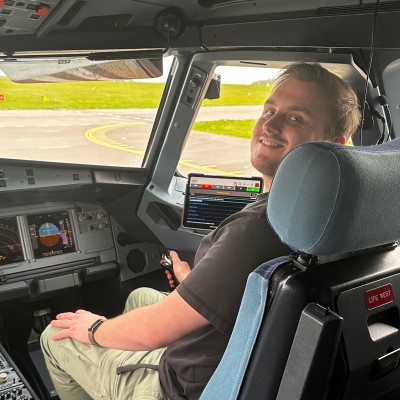Guiding you to the safest and best value airline for every journey.
Tailored and detailed ratings, reviews & information on airlines around the globe.
By joining our newsletter, you agree to our Privacy Policy
Latest Stories
Airline News
Cathay celebrates 80 years with a stunning retro livery
3 min read
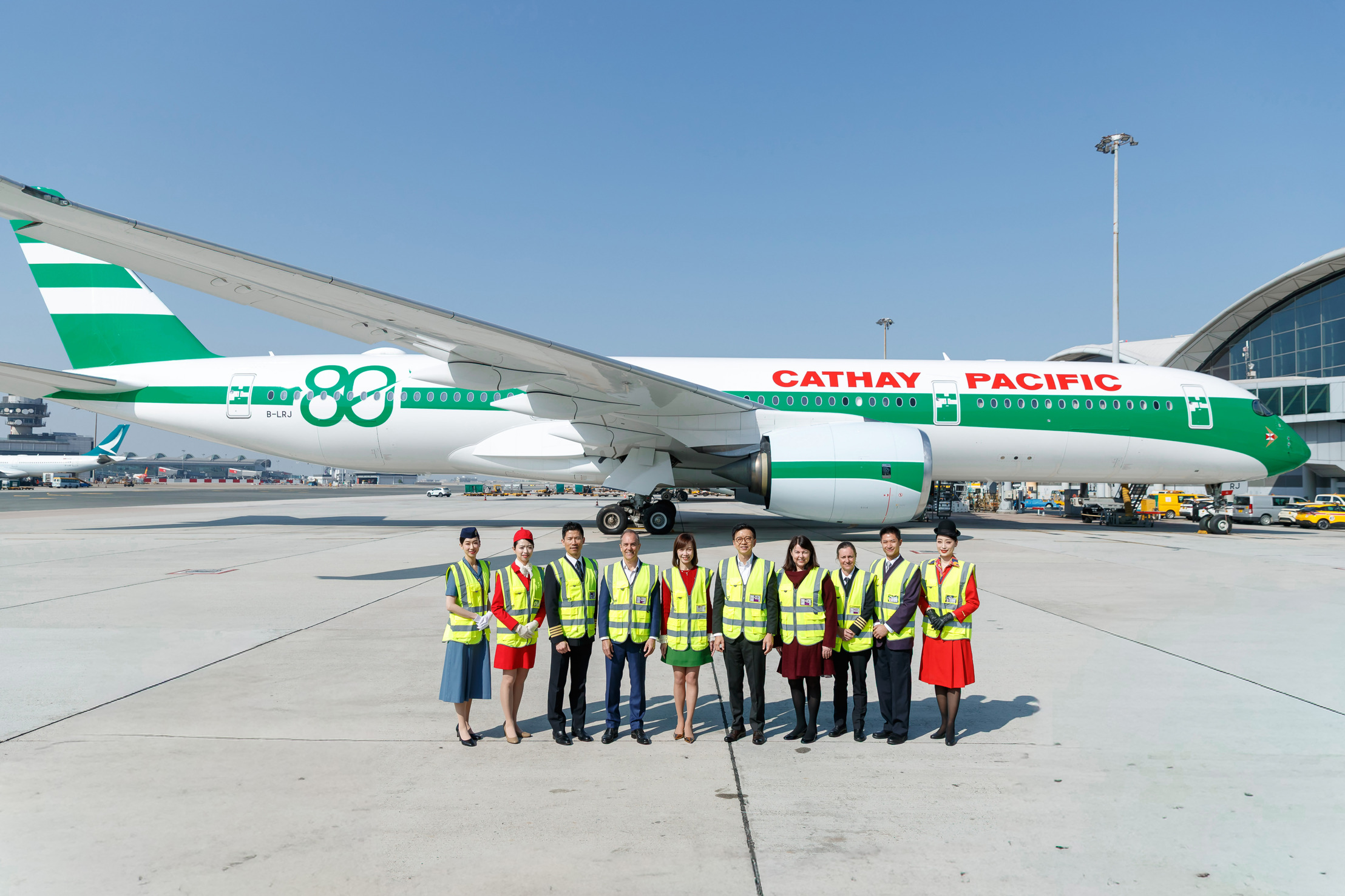
Editorial Review
Etihad A321LR Economy Class Review
5 min read
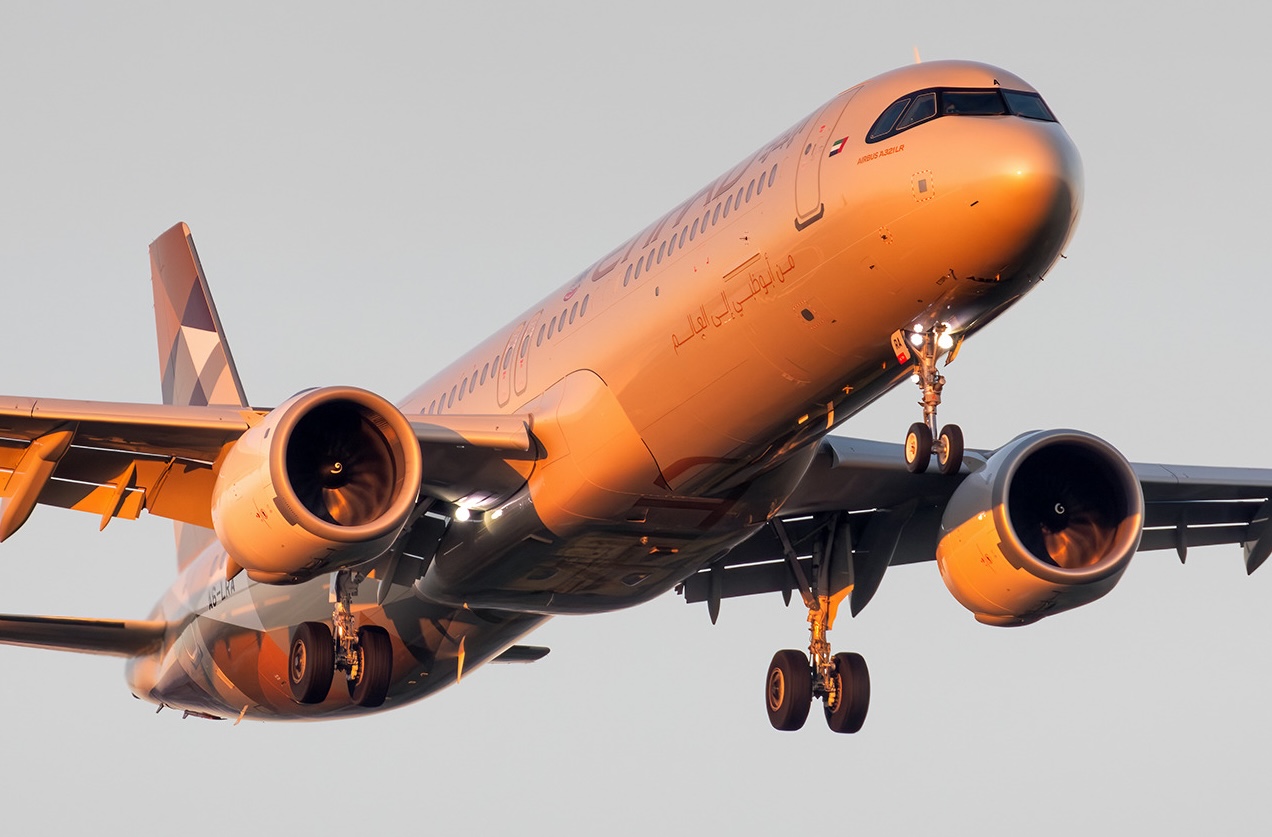
Airline News
MH370 search update: Last port reached before search
2 min read
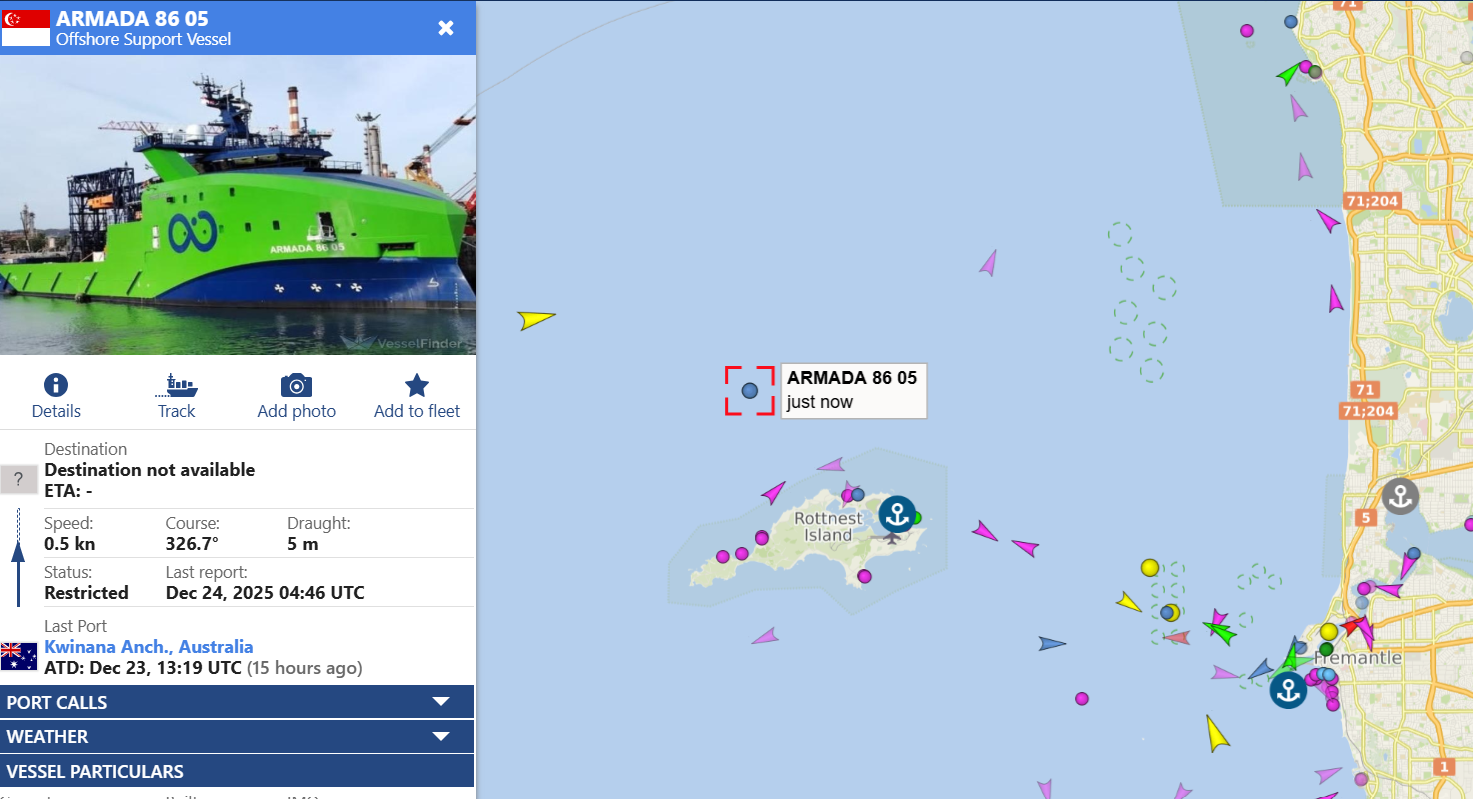
Airline News
Etihad becomes first Gulf airline to earn top safety rating
3 min read

Airline News
Famous Airport in St Maarten now has live streaming
2 min read
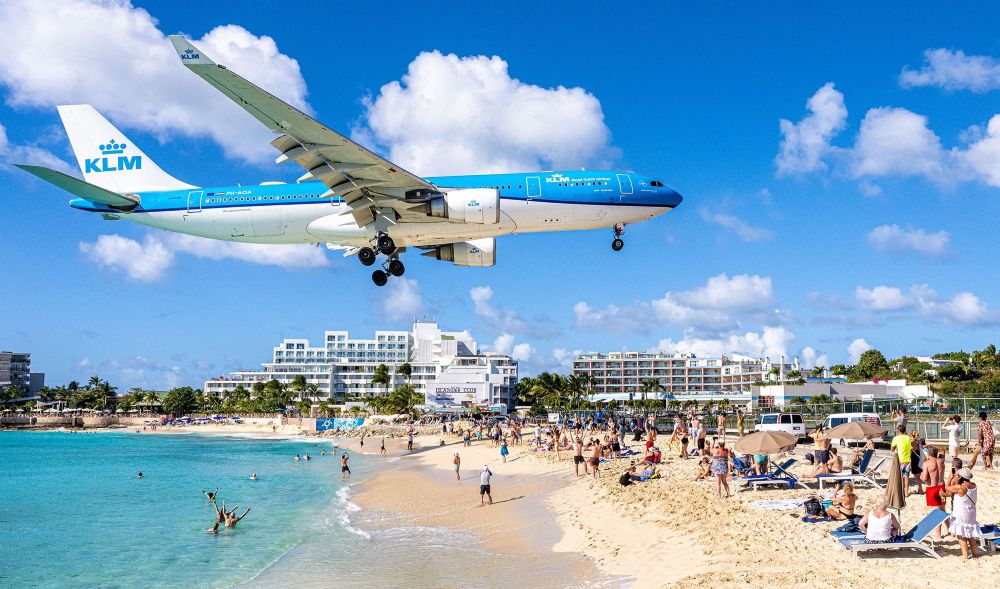
Categories

